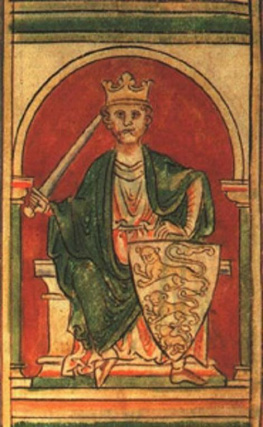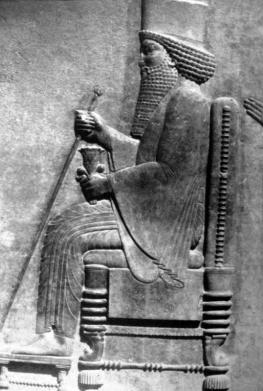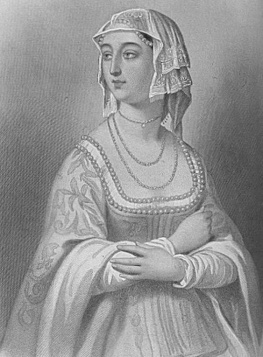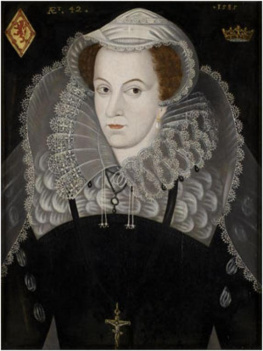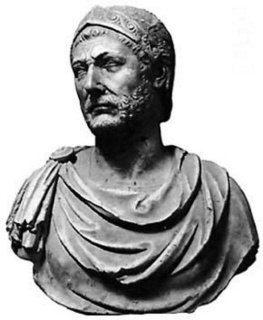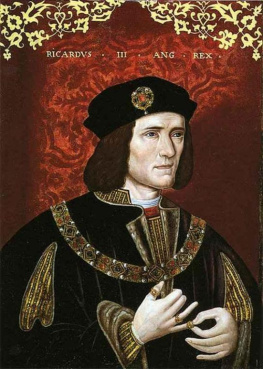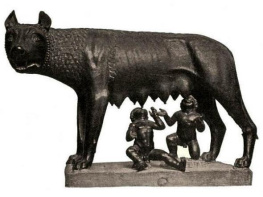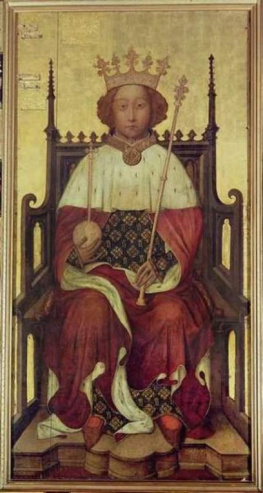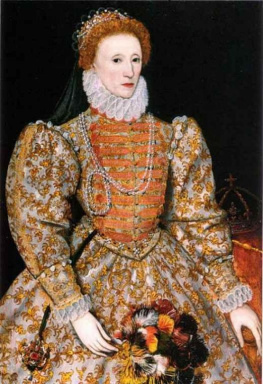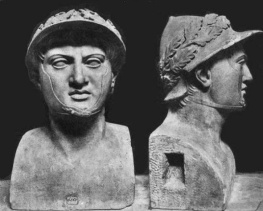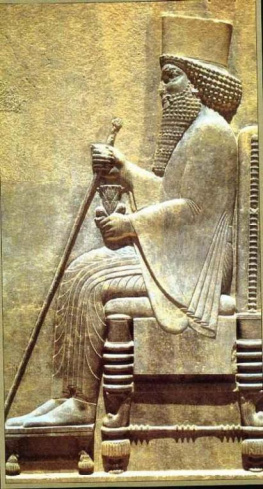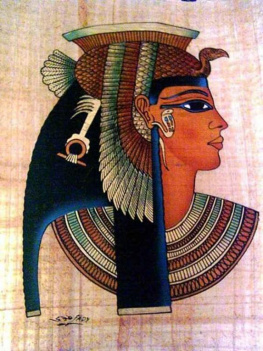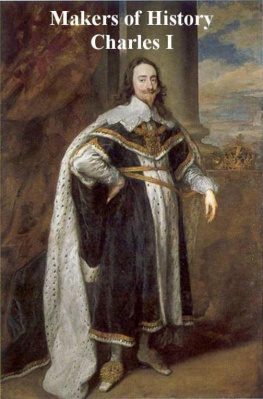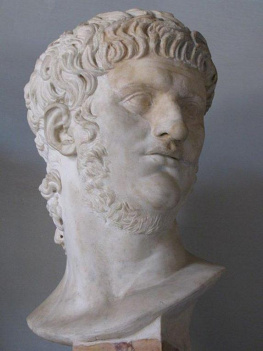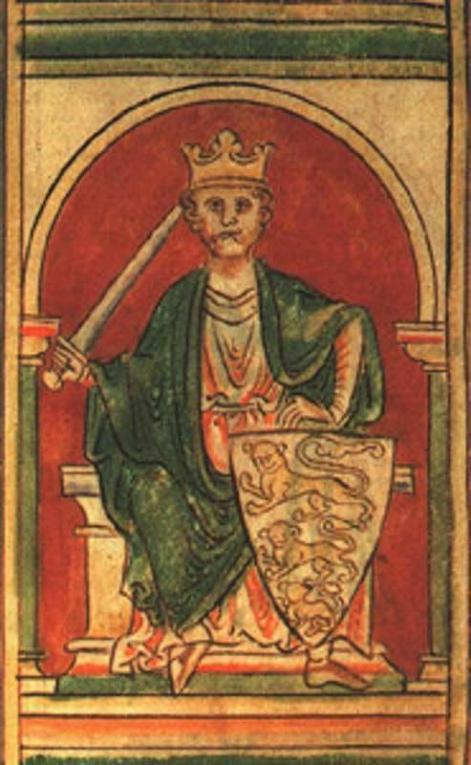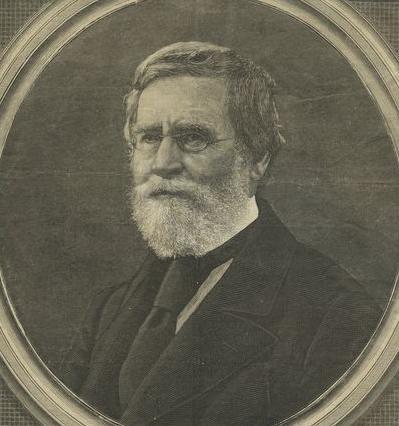Makers of History
Richard I.
by
JACOB ABBOTT
WITH ENGRAVINGS
NEW YORK AND LONDON
HARPER & BROTHERS PUBLISHERS
1902
Entered, according to Act of Congress, in the year one thousand eight
hundred and fifty-seven, by
HARPER & BROTHERS,
in the Clerks office of the District Court of the Southern District
of New York.
Copyright, 1885, by BENJAMIN VAUGHAN ABBOTT, AUSTIN ABBOTT,
LYMAN ABBOTT, and EDWARD ABBOTT.
Table of Contents
ENGRAVINGS.
PREFACE.
The author of this series has made it his special object to confine himself very strictly, even in the most minute details which he records, to historic truth. The narratives are not tales founded upon history, but history itself, without any embellishment, or any deviations from the strict truth so far as it can now be discovered by an attentive examination of the annals written at the time when the events themselves occurred. In writing the narratives, the author has endeavored to avail himself of the best sources of information which this country affords; and though, of course, there must be in these volumes, as in all historical accounts, more or less of imperfection and error, there is no intentional embellishment. Nothing is stated, not even the most minute and apparently imaginary details, without what was deemed good historical authority. The readers, therefore, may rely upon the record as the truth, and nothing but the truth, so far as an honest purpose and a careful examination have been effectual in ascertaining it.
CHAPTER I. KING RICHARDS MOTHER .
1137-1154
King Richard the First, the Crusader, was a boisterous, reckless, and desperate man, and he made a great deal of noise in the world in his day. He began his career very early in life by quarreling with his father. Indeed, his father, his mother, and all his brothers and sisters were engaged, as long as the father lived, in perpetual wars against each other, which were waged with the most desperate fierceness on all sides. The subject of these quarrels was the different possessions which the various branches of the family held or claimed in France and in England, each endeavoring to dispossess the others. In order to understand the nature of these difficulties, and also to comprehend fully what sort of a woman Richards mother was, we must first pay a little attention to the map of the countries over which these royal personages held sway.

We have already seen, in another volume of this series, how the two countries of Normandy on the Continent, and of England, became united under one government. England, however, did not conquer and hold Normandy; it was Normandy that conquered and held England. The relative situation of these two countries is shown on the map. Normandy, it will be seen, was situated in the northern part of France, being separated from England by the English Channel. Besides Normandy, the sovereigns of the country held various other possessions in France, and this French portion of the compound realm over which they reigned they considered as far the most important portion. England was but a sort of appendage to their empire.
You will see by the map the situation of the River Loire. It rises in the centre of France, and flows to the westward, through a country which was, even in those days, very fertile and beautiful. South of the Loire was a sort of kingdom, then under the dominion of a young and beautiful princess named Eleanora. The name of her kingdom was Aquitaine. This lady afterward became the mother of Richard. She was very celebrated in her day, and has since been greatly renowned in history under the name of Eleanora of Aquitaine.
Eleanora received her realm from her grandfather. Her father had gone on a crusade with his brother, Eleanoras uncle, Raymond, and had been killed in the East. Raymond had made himself master of Antioch. We shall presently hear of this Raymond again. The grandfather abdicated in Eleanoras favor when she was about fourteen years of age. There were two other powerful sovereigns in France at this time, Louis, King of France, who reigned in Paris, and Henry, Duke of Normandy and King of England. King Louis of France had a son, the Prince Louis, who was heir to the crown. Eleanoras grandfather formed the scheme of marrying her to this Prince Louis, and thus to unite his kingdom to hers. He himself was tired of ruling, and wished to resign his power, with a view of spending the rest of his days in penitence and prayer. He had been a very wicked man in his day, and now, as he was growing old, he was harassed by remorse for his sins, and wished, if possible, to make some atonement for them by his penances before he died.
So he called all his barons together, and laid his plans before them. They consented to them on two conditions. One was, that Eleanora should first see Louis, and say whether she was willing to have him for her husband. If not, she was not to be compelled to marry him. The other condition was, that their country, Aquitaine, was not to be combined with the dominions of the King of France after the marriage, but was to continue a separate and independent realm, to be governed by Louis and Eleanora, not as King and Queen of France, but as Duke and Duchess of Aquitaine. Both these conditions were complied with. The interview was arranged between Louis and Eleanora, and Eleanora concluded that she should like the king for a husband very much. At least she said so, and the marriage was concluded.
Indeed, the match thus arranged for Eleanora was, in all worldly respects, the most eligible one that could be made. Her husband was the heir-apparent to the throne of France. His capital was Paris, which was then, as now, the great centre in Europe of all splendor and gayety. The father of Louis was old, and not likely to live long; indeed, he died very soon after the marriage, and thus Eleanora, when scarcely fifteen, became Queen of France as well as Duchess of Aquitaine, and was thus raised to the highest pinnacle of worldly grandeur.
She was young and beautiful, and very gay in her disposition, and she entered at once upon a life of pleasure. She had been well educated. She could sing the songs of the Troubadours, which was the fashionable music of those days, in a most charming manner. Indeed, she composed music herself, and wrote lines to accompany it. She was quite celebrated for her learning, on account of her being able both to read and write: these were rare accomplishments for ladies in those days.
She spent a considerable portion of her time in Paris, at the court of her husband, but then she often returned to Aquitaine, where she held a sort of court of her own in Bordeaux, which was her capital. She led this sort of life for some time, until at length she was induced to form a design of going to the East on a crusade. The Crusades were military expeditions which went from the western countries of Europe to conquer Palestine from the Turks, in order to recover possession of Jerusalem and of the sepulchre where the body of Christ was laid.

